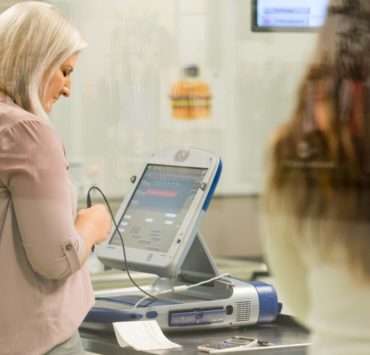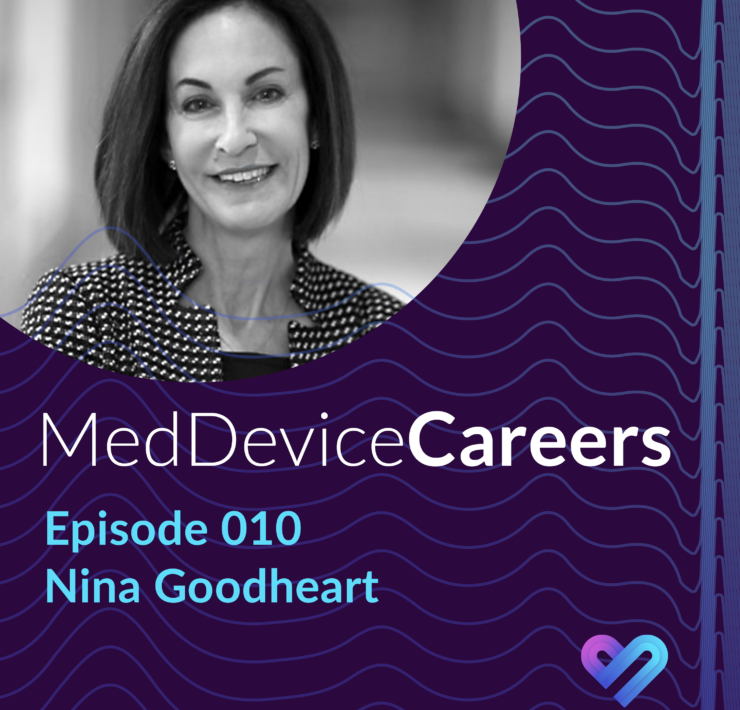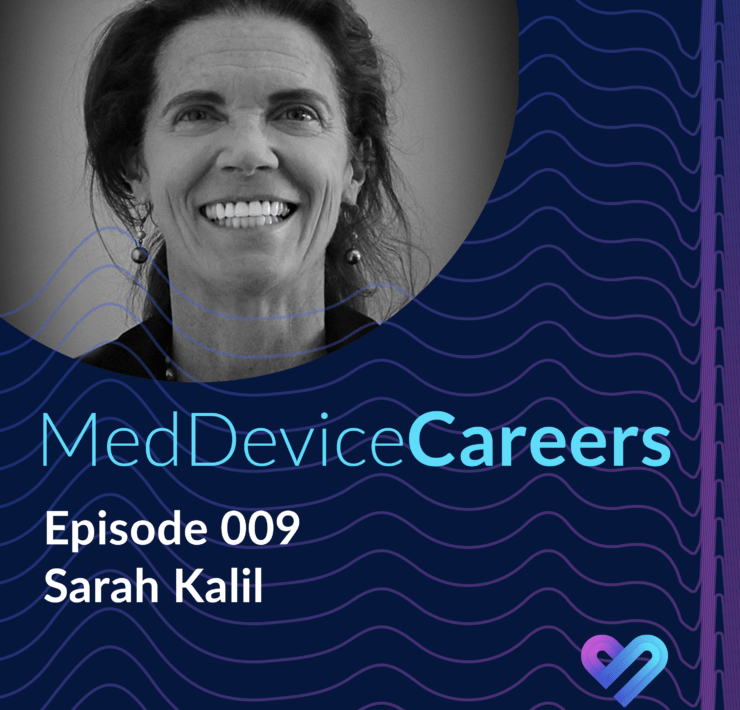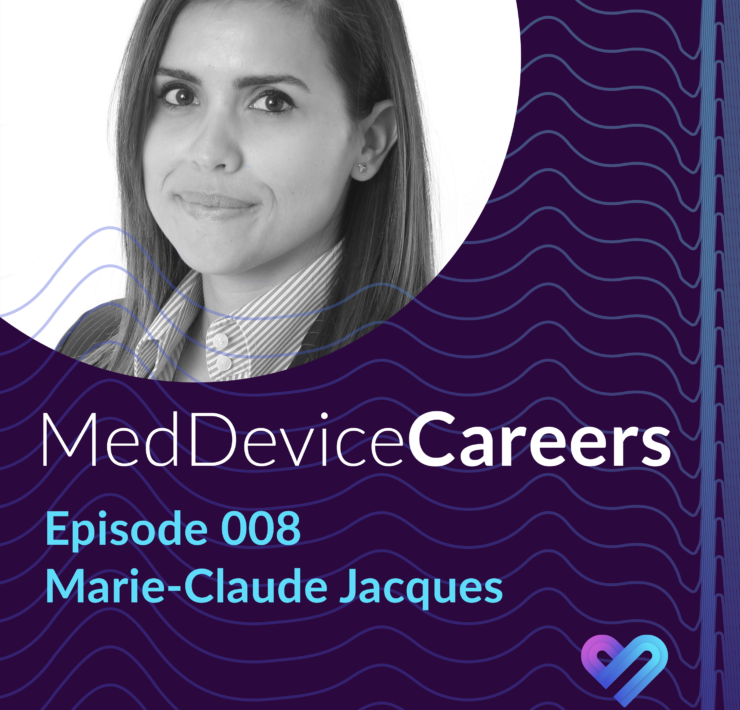Watch the video here
Five phases of the Interview: Interview preparation can be overwhelming and anxiety-producing! Prepare, anticipate and practice are the over-arching principles to help ease the anxiety and successfully close an interview. The initial preparation for an interview involves researching the company, the industry, and the interviewer(s). You should know your key selling points that directly address why you want this job and what makes you a good fit. Prepare well for each of the five phases of an interview which are outlined in this article. Anticipate what your interviewer is looking for and specifically identify any potential concerns he or she may have about your candidacy so that you are prepared to respond to those concerns. Be sure to practice what you will say to CLOSE the interview and role-play with someone.
Phase 1 is the Introduction and Connection phase. It is critical to make a connection with the person you are interviewing with. Use resources such as social media as a way to learn more about the person you are interviewing with. Ideally, you will be able to find some common ground. Research indicates that the longer the introduction/connection phase of the interview, the better the outcome of the interview. The rationale behind this is that people naturally feel a connection and a sense of goodwill and obligation to give that person a chance.
Your preparation for this phase of the interview is to identify and practice introducing yourself and how you plan to explore for common ground.
Phase 2 is the Review phase. “Why don’t you tell me a little bit about yourself” indicates a transition to the review phase. A common problem in this phase is the tendency to ramble on, say too much, and not feature the important facts. A lot of people may naturally present themselves and their background in chronological order. However, this may tend to take too long to get to the assets you should be featuring. Rather, you should try to frontload or feature several key things the person needs to know about you. So you could say, “before I go into the details of my background, let me give you 3 key points about myself which I think are critical to the position you are hiring for.”
You don’t need to go through every aspect of your resume. Your preparation for the review phase should be to identify and practice what you will need to say to highlight and punch up your most relevant experience and qualities.
Phase 3 is the Assessment Phase: You’ll know you are in this phase of the interview when the interviewer has started to ask more questions. What is your best job? What is your greatest strength? What is your biggest weakness? You should try to anticipate the types of questions this hiring manager may ask you. The hiring manager wants to determine if you are appropriate for this role and for their team.
Your preparation for the Assessment phase of the interview is to take a good inventory of your objective and relevant experiences. What is it that you objectively bring to the job? An engineering degree with a 3.6 gpa is an example of an objective asset. Your work ethic or organizational skills are subjective. The way you can bring those skillsets to the conversation is to qualify those subjective qualities. For example, “I achieved success in my career as a sales associate and I’ve been praised by colleagues and supervisors for my superior communication and organizational skills, along with a strong work ethic. All of these skills contributed to my successful career progression at XYZ corp.”
Phase 4 is the Job Fit Phase: the interviewer will tell you about the job description, requirements, roles and responsibilities and overall what a day in the life of this role looks like. Hiring managers want to see that you have prepared well by researching as much as possible about the roles and responsibilities of the job. It can be tremendously helpful if you are able to speak to someone who works or previously worked in this role or a similar role, so you have some personal “day in the life” understanding. During this phase of the interview you want to take a very active listening role. Active listening involves asking reflective questions to demonstrate that you are actively listening to what they are telling you about the job. This active listening should provide you with key points to respond to during your interview close so that you can clearly communicate what makes you a good fit for this role.
Phase 5 is the Close Phase: Telltale sign that you are nearing the end of the interview is when the interviewer asks, “Do you have any questions for me?” Prepare questions! As you ask these questions you want to keep an inventory of the answers so that you can use them in your summation close. Categories of questions include people, team, products, services, market, and position or role.
Most people find the Close to be the most challenging and awkward part of the interview, so the general advice is to practice, practice, practice. The more you hear yourself saying a close during practice, the less anxiety you will have over executing the close during the interview. A direct closing statement example would be “Do you think I am a good fit for this role?” or “Do you have any concerns about my ability to do this role?” and be sure to meet those concerns head on. Finally, ask the interviewer “Do I have your support for this role?” Be prepared to respond. At this point you may need to summarize your key attributes for this role and how they confront and respond to those expressed concerns. Finally, you should prepare a follow up question, “What are the next steps in the interview process and what is your expected timeline for making a decision.” Be sure to ask the interviewers for their business cards and email addresses so you can send each person a short personalized thank you email, where you should remind them of why you are a good fit for this role and to address any concerns he/she may have about your candidacy.
Preparation equals placement, so practice, practice, practice and good luck!







